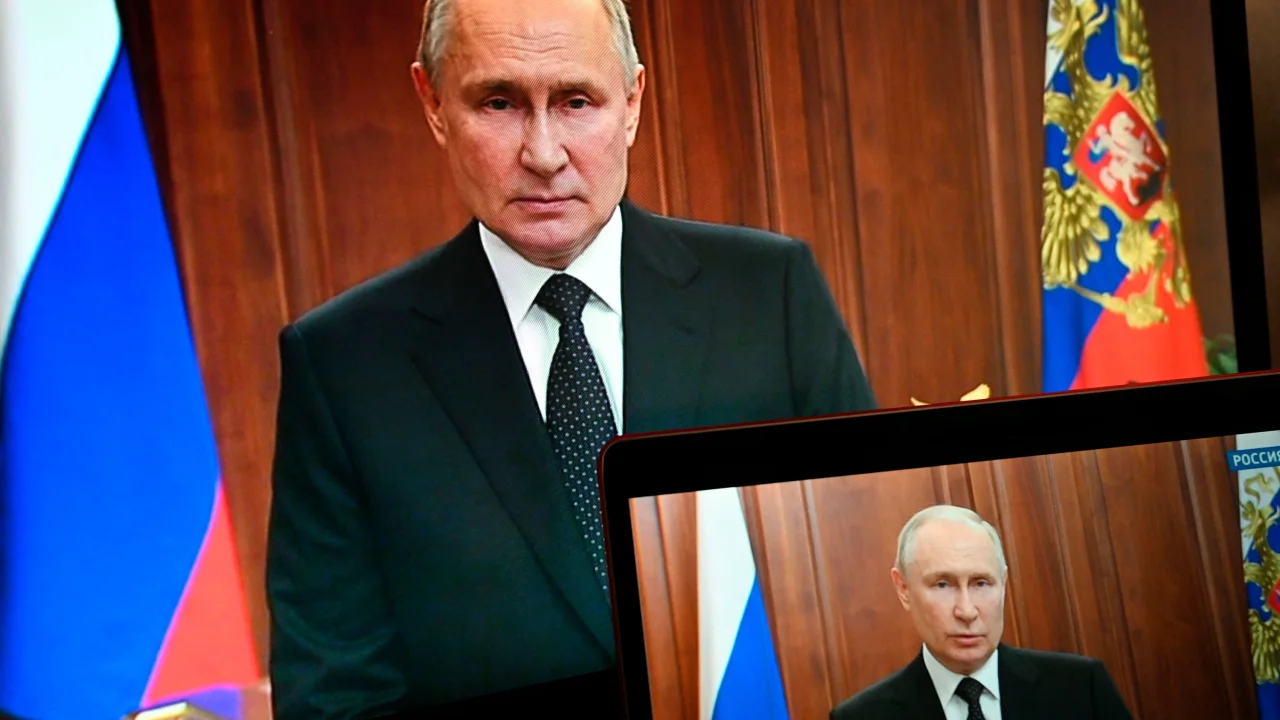“It is a stab in the back of our country and our people,” Russian President Vladimir Putin told his nation Saturday as he faced an unprecedented challenge from his former ally, Yevgeny Prighozin, head of the Wagner mercenary group.
“This was the same kind of blow that Russia felt in 1917, when the country entered World War I, but had victory stolen from it. Intrigues, squabbles, politicking behind the backs of the army and the people turned out to be the greatest shock, the destruction of the army, the collapse of the state, the loss of vast territories, and in the end, the tragedy and civil war. Russians killed Russians, brothers killed brothers.”
As often happens, Putin’s version of history wasn’t fully accurate. For one thing, Russia entered the war in 1914, but the convulsion he described did begin in 1917, with the overthrow of the Tsar and the outbreak of a revolution and eventually a civil war. The Soviet regime that emerged from the chaos would rule Russia and its empire as a totalitarian state until 1991.
The events of the past few days represented a shocking escalation of the simmering conflict between Prighozin and the defense ministry, which accused him of attempting a coup while he contended that military brass ordered an attack on his soldiers. When Putin declared in his speech that the revolt was a betrayal and must be put down, Prighozin replied that the president was “deeply mistaken,” though he later said he was turning around his troops rather than march to Moscow. And the Kremlin said the standoff was resolved through discussions with the president of Belarus, Alexander Lukashenko.
Whatever happens now, the episode was a striking sign that, as the nation grapples with its losses in Ukraine, Putin’s hold on power may no longer be unquestioned.
Read more at CNN.com




